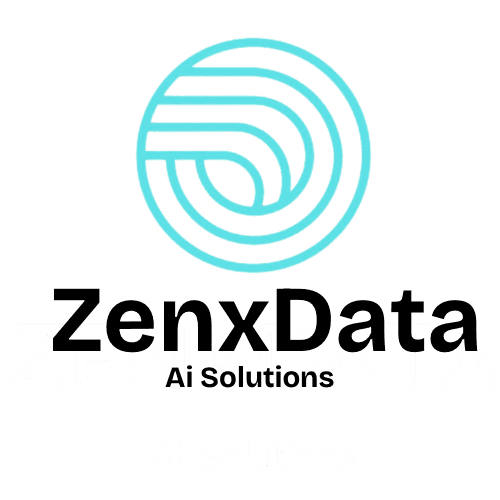How Data Validation Services Enhance AI Model Accuracy
Understanding Data Validation in AI
Data validation is a crucial step in the data processing pipeline, especially when it comes to developing accurate AI models. It involves verifying and ensuring the quality, accuracy, and consistency of data before it is used in training and validation processes. This step is essential because the quality of input data greatly influences the performance and reliability of AI models.
In the context of AI, data validation helps identify and rectify errors, anomalies, and inconsistencies in datasets. By addressing these issues early in the development process, data validation services can enhance the overall performance and accuracy of AI models.

The Role of Data Validation in Model Accuracy
Data validation services play a pivotal role in ensuring that AI models are trained on high-quality data. This process involves several steps, including:
- Data Cleaning: Removing duplicate entries, correcting errors, and filling in missing values to ensure that the dataset is clean and reliable.
- Data Transformation: Converting data into a suitable format for model training, which might involve normalization, encoding, or scaling.
- Data Verification: Checking for data integrity and consistency to ensure that the entries meet predefined standards and criteria.
By implementing these steps, data validation services contribute significantly to improving the accuracy of AI models, leading to more reliable predictions and insights.
Benefits of Enhanced Model Accuracy
Accurate AI models provide numerous advantages across various industries. For instance, in healthcare, precise models can lead to better diagnostic tools and personalized treatment plans. In finance, they can offer improved risk assessments and fraud detection capabilities.
Enhancing model accuracy through data validation also reduces the likelihood of biased outcomes, as clean and verified data ensures that models are trained on representative datasets. This leads to fairer and more inclusive AI systems.

Challenges in Data Validation
Despite its benefits, data validation presents several challenges. One major challenge is dealing with large volumes of data, which can be time-consuming and resource-intensive. Additionally, ensuring data privacy and security during the validation process is critical, especially when handling sensitive information.
Another challenge is maintaining the balance between over-cleaning and under-cleaning data. Over-cleaning can lead to loss of valuable information, while under-cleaning can result in inaccurate model outputs. Effective data validation services must navigate these challenges to optimize AI model accuracy.
Tools and Techniques for Effective Data Validation
To address these challenges, several tools and techniques can be employed in the data validation process. Automated tools can efficiently handle large datasets by identifying errors and inconsistencies with minimal human intervention. Techniques such as cross-validation and anomaly detection can further enhance the data validation process by ensuring robust model training.
By leveraging these tools and techniques, organizations can streamline their data validation processes, making it easier to develop accurate and reliable AI models.

The Future of Data Validation Services
The future of data validation services looks promising as advancements in technology continue to evolve. With the rise of machine learning algorithms specifically designed for data validation, the process is becoming more efficient and effective. These algorithms can automatically detect patterns, anomalies, and inconsistencies in data, further enhancing model accuracy.
Moreover, as industries increasingly rely on AI for decision-making processes, the demand for robust data validation services will continue to grow. This trend underscores the importance of investing in high-quality data validation to ensure that AI models deliver accurate and meaningful insights.
